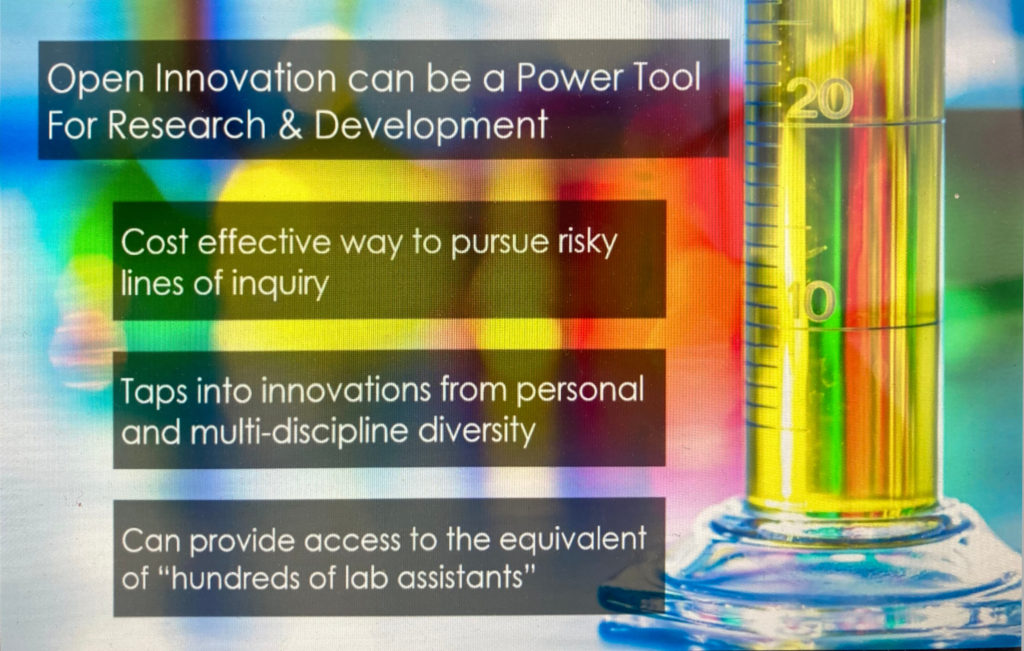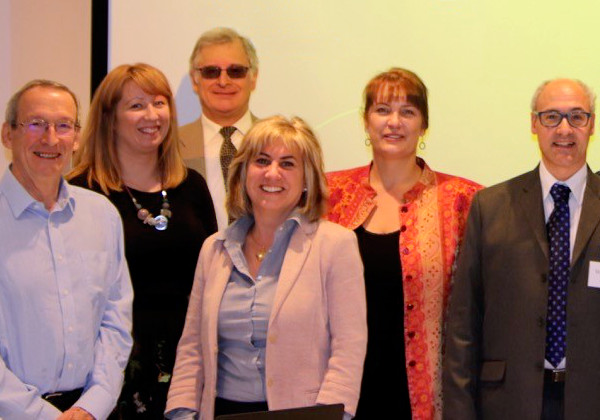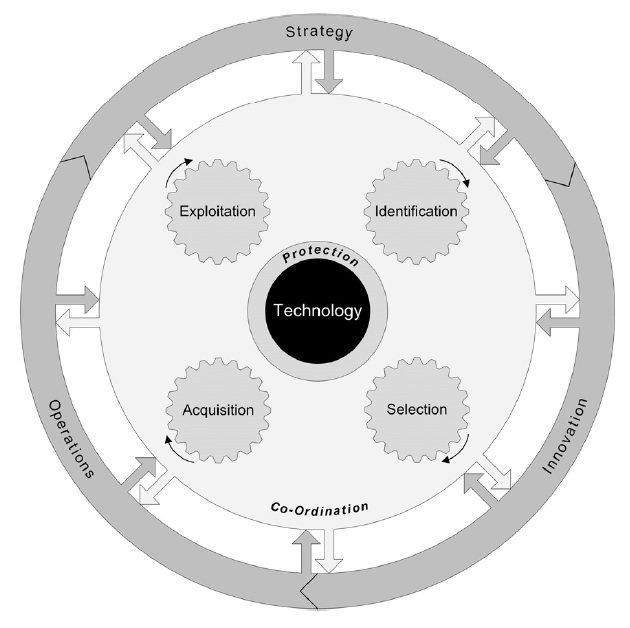David Probert joined the Manufacturing Engineering Group at University of Cambridge, as Royal Academy of Engineering/Lucas Industries Research Fellow, to develop a practical approach to the issues of make or buy and vertical integration in manufacturing industry, which has been widely applied and disseminated.
He was a founding member and Head of the IfM’s Centre for Technology Management. His research interests include technology and innovation strategy, technology management processes and industrial sustainability.

Related posts
The solution is not about expertise, it doesn’t always require someone who is a world expert just someone who can connect the dots. What we see in the research out of MIT, 70% of the time the successful challengers came from somewhere not in the domain of the challenge owner. We have 40 different open innovation crowds that represent about 110 million people and we are matchmaking those to projects across NASA and across the federal government.
The crowdsourcing paradox – Individuals that act as providers of knowledge need to exchange (codified and tacit) solution information to attract seekers and develop a solution, while they need to protect their knowledge base from unwanted knowledge leakages and spillovers.
The RADMA trustees meeting was hosted by Wiley Business in Oxford
Professor Ellen Enkel explored trust in two dimensions: trust in technology and trust in the innovating firm to understand the relationship between humans and automation. She identifies the factors essential for reducing perceived risk.
R&D Today officially launched at R&D Management Conference 2016; community website aims to be ‘trip advisor’ of best practice.
Management tools and techniques such as roadmapping, portfolio management methods and scenario planning are considered useful for a variety of business issues, but there is a need for a more stable approach.
A ‘fast-start’ method for technology roadmapping discussed in this paper, provides a means for improved understanding of the architecture of roadmaps and for rapidly initiating roadmapping in a variety of organizational contexts, says Clare Farruk
The collaborative industrial-academic development of management toolkits is still a novel concept, writes Clare Farrukh. She introduces a paper that discusses the potential of these tools. Key principles for developing industrially relevant strategic technology management toolkits Kerr, Farrukh, Phaal and Probert, 2013, When considering the potential uptake and utilization of technology management tools by industry, […]
Innovation is now a major driving force for business growth and success but coping with the challenges during the innovation process can be difficult for technology managers. Could the concept of Innovation Readiness Levels help?
The issue of assessing technology for business application is cited as a major concern for managers in industry. Representatives from a range of industries were interviewed to review the tools and techniques currently available and to identify gaps and limitations.
TRIZ provides a useful structure for thinking and brainstorming, enabling ideas to be developed more quickly. However it requires patience to understand it
Bringing together start-ups and established firms in mutually beneficial partnerships seems an obvious solution. However, research shows that making such asymmetric partnerships work can be problematic. Here are five ways to increase the chances of success.
Technology can be acquired in various ways and deciding which option is best for your own particular company can be complex and challenging. This guide, produced by The Institute of Manufacturing, is designed to provide support for firms looking to acquire new technologies from external sources/providers rather than relying solely on their own internal R&D activities.
Many of the tools used in valuing and selecting projects are only really applicable to large portfolios because they assess value by using statistical concepts such as probability, mean and risk.















